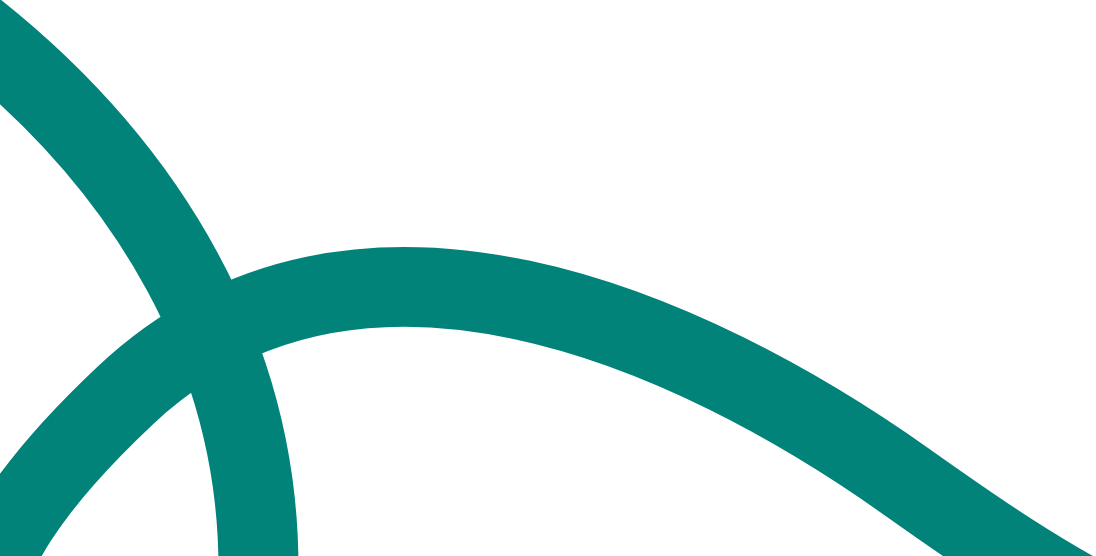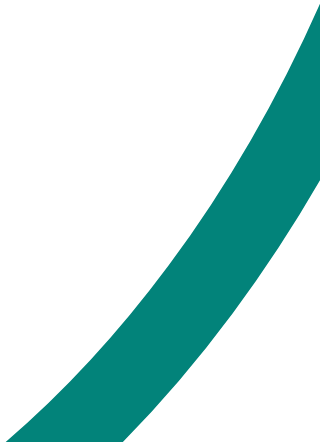New Global Ovarian Cancer Research Consortium Joins Forces with Microsoft’s AI For Good Lab To Launch $1M+ Grant
Four leading ovarian cancer research charities from four countries are funding a new AI Accelerator Grant in partnership with Microsoft’s AI for Good Lab to supercharge the next cancer research breakthrough.
CANADA, May 8, 2025 – Today marks World Ovarian Cancer Day and the launch of the Global Ovarian Cancer Research Consortium — a first-of-its-kind alliance uniting four leading ovarian cancer research organizations across the United States, Australia, Canada, and the United Kingdom.
Together, the Consortium is announcing its inaugural initiative: a game-changing $1 million grant, with an additional $1 million in compute support from Microsoft’s AI for Good Lab, to address the global challenge in ovarian cancer survival rates. Globally, 324,000 women are diagnosed with ovarian cancer and 207,000 women die from the disease each year. The Consortium’s groundbreaking AI Accelerator Grant is a bold new effort that will ignite a wave of innovation in AI-powered ovarian cancer research — bringing hope, and potentially life-saving breakthroughs, to women around the world.
The Consortium, formed in 2024, brings together leading ovarian cancer organizations from the United States, Australia, Canada, and the United Kingdom. Their mission: to combine forces, resources, and determination to accelerate progress where it’s desperately needed. Now, with the support of Microsoft’s technology and expertise, the Consortium is poised to rewrite the future of ovarian cancer care.
Progress in ovarian cancer research is lagging dangerously behind other diseases. It’s predicted that by 2050 the number of women around the world diagnosed with ovarian cancer will rise over 55% to 503,448 and the number of women dying from ovarian cancer is projected to increase to 350,956 each year.
“The complexity of ovarian cancer, with its vague symptoms and many types, makes it difficult to diagnose early and treat at advanced stages. Yet these are accomplishments we know we need to save lives. This is why the $1 million collaborative investment in AI-powered ovarian cancer research is critically needed,” shares Tania Vrionis, CEO of Ovarian Cancer Canada. “Through this AI Accelerator Grant, we can harness AI to understand ovarian cancer and its impact on women faster than ever. Our global philanthropic partnership, support from Microsoft’s AI for Good Lab, and international research collaboration are key to accelerating change. After decades without real progress, women facing ovarian cancer deserve breakthroughs as quickly as we can make them.”
AI is already revolutionizing cancer diagnoses—from breast to brain, skin to thyroid—with stunning advances. But ovarian cancer has yet to feel the full power of this transformation. That changes now.
With this urgent call to action, the Consortium is summoning the world’s brightest minds to harness AI and tip the scales toward survival.
“When I heard my treatment options, I was not happy. To treat my cancer, they had to remove my uterus, my ovaries, and I knew I could no longer have a child on my own. But I also knew that I wanted to live so I had no choice,” shares Julia, a 38-year-old Canadian woman diagnosed with advanced low-grade serous ovarian cancer, a rare form of the disease. Despite undergoing life-altering treatment options when diagnosed with advanced ovarian cancer, women still face a high chance of their cancer returning, just as Julia’s did in 2023. To improve their treatment options and disease outcomes, innovative research is urgently required. “We need to make ovarian cancer a top priority. It doesn’t have the same visibility and awareness that other cancers have but women like me have limited options when facing the disease,” adds Julia. “The truth is that change will only happen if research funding increases in a significant way. Ovarian Cancer Canada has helped me a lot through my journey. They support me, share information, and most importantly, with research investments like this, they gave me what I was missing most – hope.”
Researchers will be asked to form teams that will include a representative from each of the four countries to compete for the new grant. The successful grant will support any area of research that will improve survival rates. It must have a multi-jurisdictional team from across the grant-funded countries and a multidisciplinary team, including an AI expert. To learn more about the grant, visit https://ocrahope.org/research/information-for-researchers/grant-programs/
Microsoft is generously partnering on this grant to donate up to $1m of in-kind Azure compute credits to the successful project through Microsoft’s AI for Good Lab-partnership with OCRA. Microsoft’s cloud computing power will enable the successful applicants to accelerate progress against ovarian cancer.
“New discoveries are needed to find lifesaving treatments for ovarian cancer, a cancer that tragically still has a low survival rate. Equipping leading researchers around the globe with powerful AI tools and computing resources will help accelerate their critical work, hopefully leading to breakthroughs that save women’s lives. Microsoft’s AI for Good Lab is proud to support ovarian cancer research through this grant.” said Juan Lavista Ferres, Microsoft Chief Data Scientist and Director of Microsoft’s AI for Good Lab.

Four organizations in the Consortium
ABOUT THE GLOBAL OVARIAN CANCER RESEARCH CONSORTIUM
How was the partnership formed?
Independent of each other, several of the participating organizations recognized the need for international research cooperation and had begun developing strategic plans. In October 2024 Ovarian Cancer Action hosted their Helen Harris Memorial Trust (HHMT) 15th International Forum on Ovarian Cancer which takes place every four years and brings together the world’s top ovarian cancer researchers to change the course of this deadly disease. In 2024, the HHMT Forum also brought together the world’s four leading ovarian cancer research charities to discuss shared ideals.
Leadership from these organizations discussed a research partnership to fund an urgent, emerging international theme – jumpstarting the field to harness AI technologies and supercharge progress.
Why are we working in global collaboration?
AI development requires large quantities of data to be effective. As a less common cancer with a limited number of patients in each country, a collaborative, global, approach to AI-driven research, combining datasets, and expertise, can bring significant benefits and achieve progress quicker.
Why are we focusing on AI?
Artificial Intelligence (AI) is transforming cancer diagnosis, risk prediction, drug discovery, and personalised treatment, including early applications in ovarian cancer. While much progress has been made, the opportunities unlocked by this new technology are only just beginning to be fully explored.
There is a clear need to harness these emerging technologies, in particular AI to unlock new insights and accelerate advancements to improve early detection, treatments, and survival outcomes for ovarian cancer.
What’s Microsoft’s role?
Microsoft is generously partnering on this grant to donate up to $1m of in-kind Azure compute credits to the successful project through Microsoft’s AI for Good Lab-partnership with OCRA.. Microsoft’s cloud computing power will enable the successful applicants to accelerate progress against ovarian cancer.


